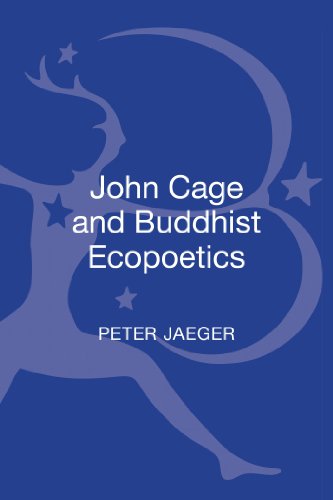

Most ebook files are in PDF format, so you can easily read them using various software such as Foxit Reader or directly on the Google Chrome browser.
Some ebook files are released by publishers in other formats such as .awz, .mobi, .epub, .fb2, etc. You may need to install specific software to read these formats on mobile/PC, such as Calibre.
Please read the tutorial at this link: https://ebookbell.com/faq
We offer FREE conversion to the popular formats you request; however, this may take some time. Therefore, right after payment, please email us, and we will try to provide the service as quickly as possible.
For some exceptional file formats or broken links (if any), please refrain from opening any disputes. Instead, email us first, and we will try to assist within a maximum of 6 hours.
EbookBell Team

0.0
0 reviewsJohn Cage was among the first wave of post-war American artists and intellectuals to be influenced by Zen Buddhism and it was an influence that led him to become profoundly engaged with our current ecological crisis. In John Cage and Buddhist Ecopoetics, Peter Jaeger asks: what did Buddhism mean to Cage? And how did his understanding of Buddhist philosophy impact on his representation of nature? Following Cage's own creative innovations in the poem-essay form and his use of the ancient Chinese text, the I Ching to shape his music and writing, this book outlines a new critical language that reconfigures writing and silence.
Interrogating Cage's ‘green-Zen' in the light of contemporary psychoanalysis and cultural critique as well as his own later turn towards anarchist politics, John Cage and Buddhist Ecopoetics provides readers with a critically performative site for the Zen-inspired "nothing" which resides at the heart of Cage's poetics, and which so clearly intersects with his ecological writing.